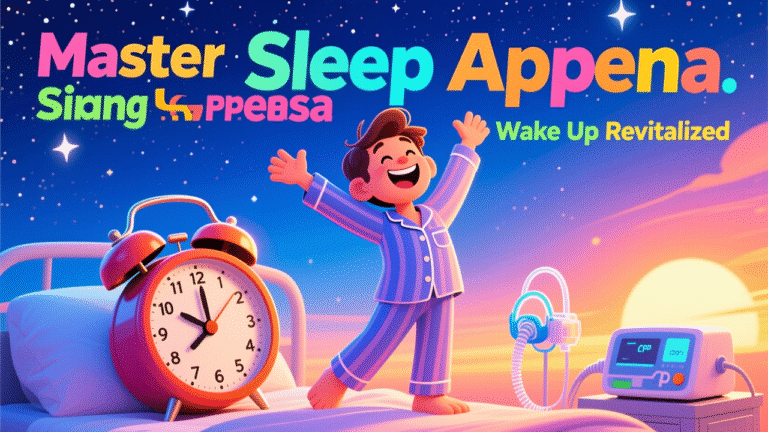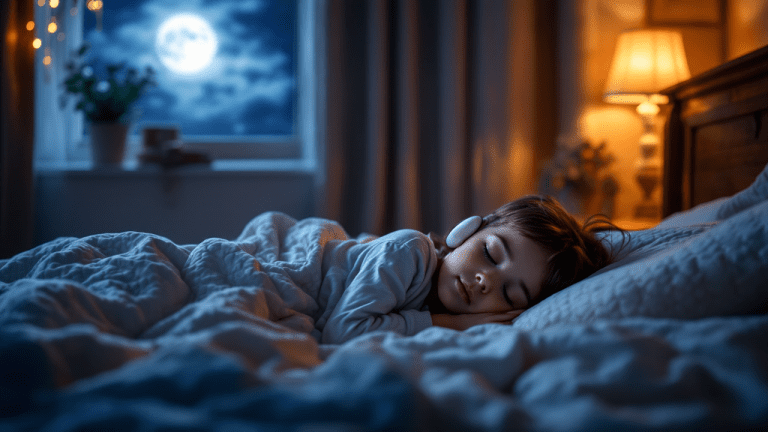If you’ve ever tossed and turned until the morning sun creeps in—or found yourself wide awake while the world sleeps—you’re not alone. Insomnia is an all-too-common struggle, but with a few changes grounded in NHS sleep tips wisdom, restful sleep isn’t just a dream; it’s absolutely possible.
My Take: The Battle With Sleep
I’ve been there. Many nights, I’d lie awake, staring at the ceiling and willing myself to drift off. The frustration builds, and before you know it, worry about lost sleep starts stealing tomorrow’s energy. That’s why NHS recommendations struck a chord: they feel practical and genuinely doable, not just wishful thinking.
The Little Rituals That Make a Big Difference
Start small. The NHS always talks about consistent bedtime routines, but putting them into practice takes trial and error. For me, lowering the lights and enjoying a chapter from a real book (not a glowing phone) turned into a treasured ritual. NHS staff say to keep the tech out of the bedroom, and after finally making the switch, I noticed I fell asleep faster. That simple change made evenings calmer and left my mind quieter at bedtime.
Turning the Bedroom Into a Sanctuary
Think about your bedroom like a nest—somewhere your mind and body know it’s safe to rest. The NHS emphasizes a cool, dark, and tidy room for a reason. So, I added blackout curtains, tidied up, and even splurged on softer sheets. It was surprising how much these little tweaks helped. Night after night, the familiar comfort told my brain, “time to unwind.” Earplugs were a game-changer, too, when my neighbor’s dog had a say in my sleep.
Handling Worries That Pop Up at 2 a.m.
Ever notice that worries are louder at night? Writing them down, as the NHS suggests, makes a world of difference. By promising myself I’d handle them in the morning, my mind slowly stopped spinning in circles. If I couldn’t doze off after twenty minutes, I’d get up, make tea, or listen to soft music. It took discipline, but with repetition came relief.
Beating Insomnia With CBT—I Was Skeptical Too
When sleep hygiene alone didn’t do the trick, my GP suggested Cognitive Behavioural Therapy for Insomnia (CBT-I). I wasn’t sure what to expect, but the structured approach tackled the problem from new angles. Setting strict times for getting up and using the bedroom only for sleep were tough at first—but they paid off. The NHS runs digital CBT programmes (like
Sleepio), and having someone guide the process took the pressure off.
Sunlight, Movement, and What I Learned the Hard Way
The NHS says sunlight in the morning is key—it’s true. A gentle walk outside helped reset my body clock and gave me a much-needed boost. I also realized (after a few late-night pizzas) that big meals and caffeine close to bedtime are my enemies. Keeping exercise earlier in the day left me more relaxed at night.
When It’s Time for Help
Sometimes, all the routines and mindfulness can’t fix deeper issues. If your sleep has been disrupted for weeks and it’s affecting your daily life, don’t hesitate to consult your GP. The NHS may be able to link you with professional help or resources that make a difference.
What’s Worked For Me—and What Might Help You
These
NHS sleep tips helped me transform my sleep from a nightly struggle to a restorative ritual. Here’s what I’d say to anyone who feels they’ll never sleep well again:
- Start small—just tweak one or two habits tonight.
- Give each tip a fair shot for a couple of weeks.
- Don’t be discouraged by setbacks.
- Reach out for support when needed. NHS resources and GPs are there to help, not judge.
Sleep takes practice, patience, and a little self-kindness. Everyone deserves the peace a full night’s rest brings—and with these NHS-approved changes, you’re set to find it.







